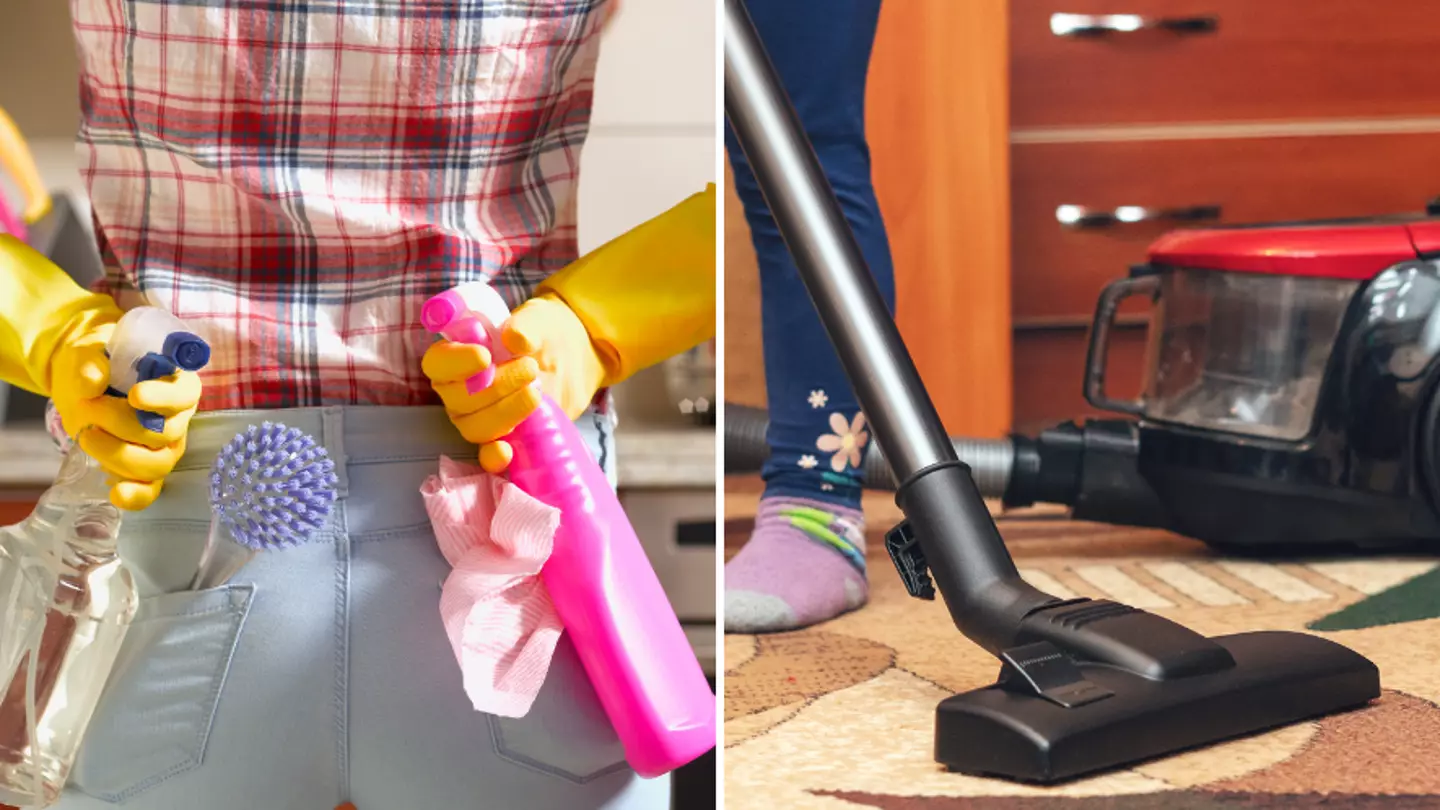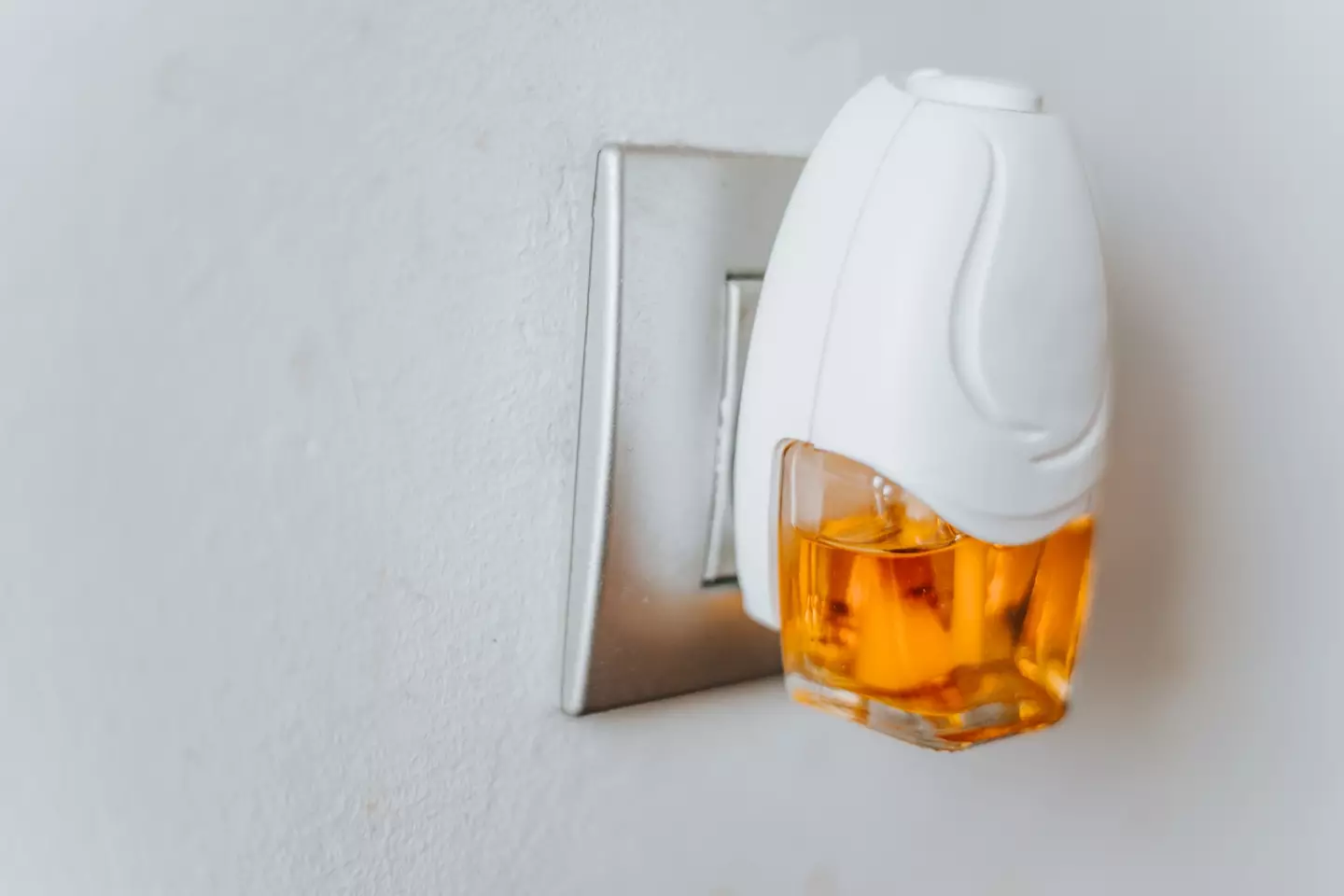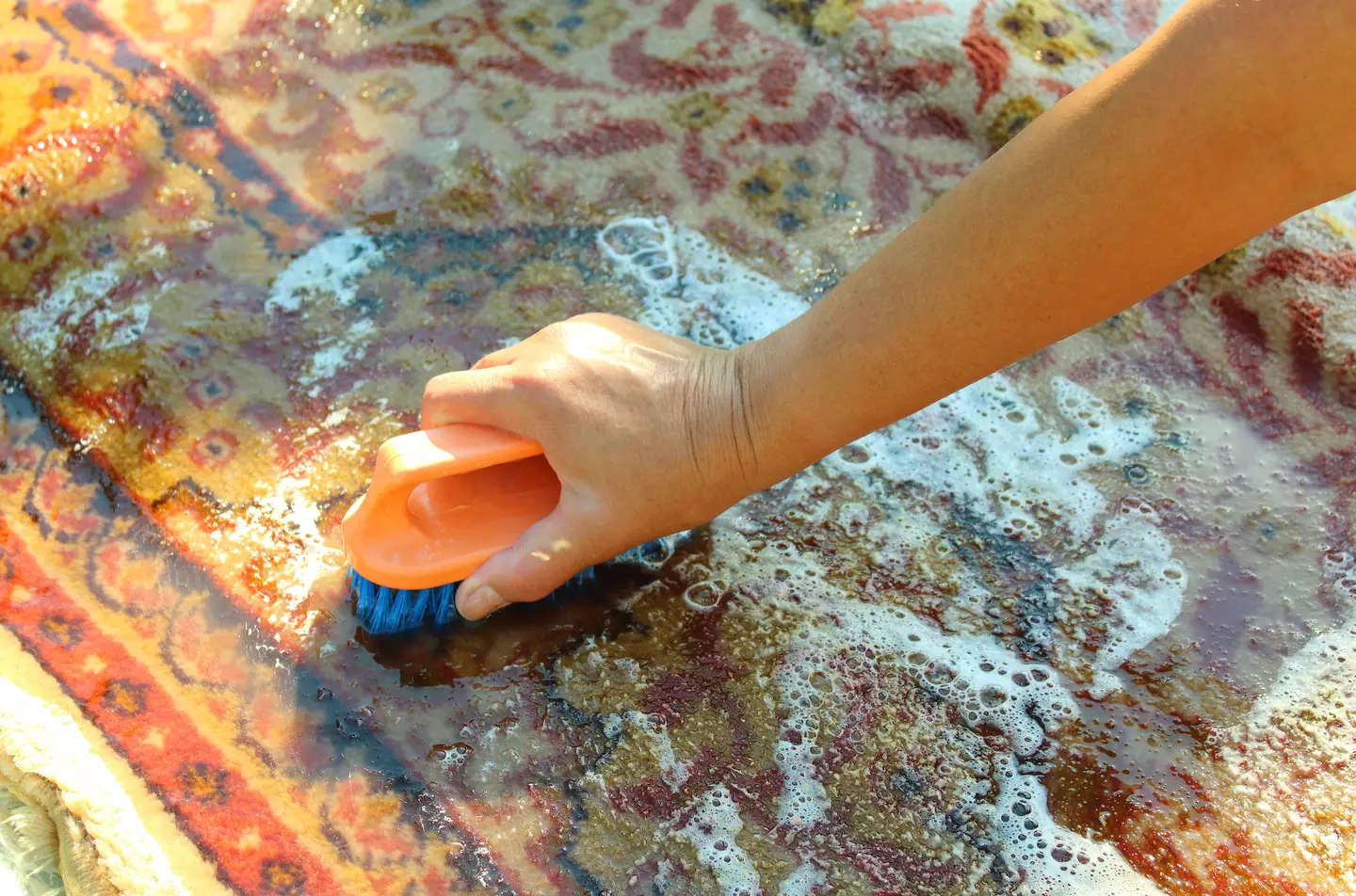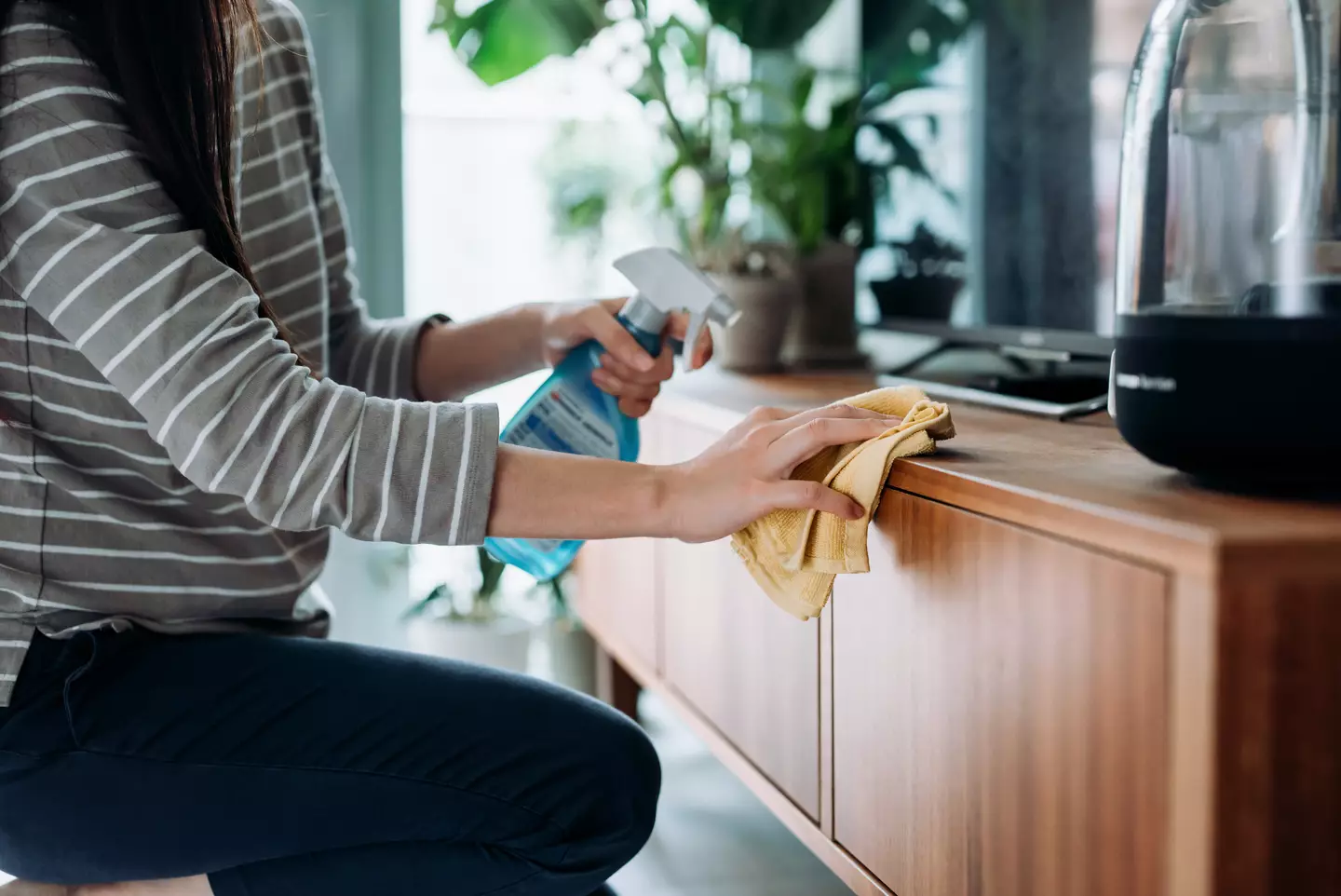
When it comes to a disease as unrelenting as cancer, there are countless theories and thought processes on how a diagnosis can be avoided.
Dieticians, psychologists, medics and oncologists naturally have their own respective suppositions on the best means of avoiding the deadly ailment, but with social media seeing an increased amount of TikTok 'experts' weighing in on the conversation, it can feel impossible to determine the fact from the fiction.
One man who certainly knows his stuff, however, is Tom Bosworth, a lawyer with special expertise in cases of wrongful deaths.
And this week, the US-based catastrophic injury solicitor is using his platform to raise awareness of a batch of surprising household items which he has found to have contributed to an alarming amount of cancer diagnoses.
Advert

Speaking to his colossal online audience this week, Bosworth explained that three products in particular have been discovered to cause severe damage to the liver and the nervous system, and in many causes, they been found to be one of the leading causes of skin and lung cancer.
But what are these potentially-fatal yet extremely common household amenities?
Air fresheners
Whilst they might prove to give your house a fresh cotton scent, Bosworth advises that homeowners throw out any air fresheners they have plugged in, being that the majority of them contain Volatile Organic Compounds (VOCs) that include formaldehyde.
Advert
This substance is known for irritating the eyes, nose and throat when exposed to it over short periods of time.
When it comes to long term exposure, however, air fresheners can give homeowners coughing or choking fits, which in turn can cause the throat to swell or cause chemical burns in the lungs.
In the worst of these latter cases, air freshener exposure can result in death.
Advert
And according to the New Jersey Department of Health, some of the chemicals used to replicate the certain smell that the product is branded upon can prove fatal, an example being alpha-pinene - used to replicate pine trees - which causes the kidneys to malfunction.
The issue is, however, is that there is no need - especially in the US - for many of these air freshener products to disclose the chemicals inside them, unlike cosmetic items.
So, really, we have no idea what kinds of toxins we might be breathing in on a daily basis...
Carpet shampoos
As is the case with products aimed at cleaning our home's carpets and flooring.
Advert
Bosworth warned his followers that these such shampoos - which are purposed to give your home a deep cleanse - 'can contain dangerous chemicals like perchloroethylene'.

He adds that this is a 'carcinogen that damages the liver, kidneys and nervous system', and is also known as tetrachloroethylene or tetrachloroethene, which the United States Environmental Protection Agency has classified as a likely carcinogen.
And according to studies undertaken by the government agency, there is a direct link between those who are exposed to carpet cleaning products in their workplace, and a cancer diagnosis - particularly non-Hodgkin lymphoma, multiple myeloma and bladder cancer.
Advert
The environmental agency also warns that these such products have conclusive links to reproductive issues, including 'menstrual disorders, altered sperm structure, and reduced fertility.'
Furniture polish
Another household item that Bosworth warned his followers against was furniture polish, being that the majority of these products - specifically aimed at cleaning wooden furniture - can cause 'skin and lung cancer'.

'[They] and contain chemicals such as phenol and nitro benzyne', he explained, adding that for those who are exposed to the toxins long-term, the health repercussions could be disastrous.
In fact, according to a study conducted in 2018, it was found that cleaning products - specifically furniture polish - could cause as much lung damage as smoking 20 packs of cigarettes a day.
Instead, Bosworth recommends homeowners take the DIY approach and make their own cleaning products from scratch, being that they'll actually know the toxins they contain.
He explains that baking soda lemon juice and vinegar can often work in the same way as everyday cleaning products, without the worry of added carcinogens.